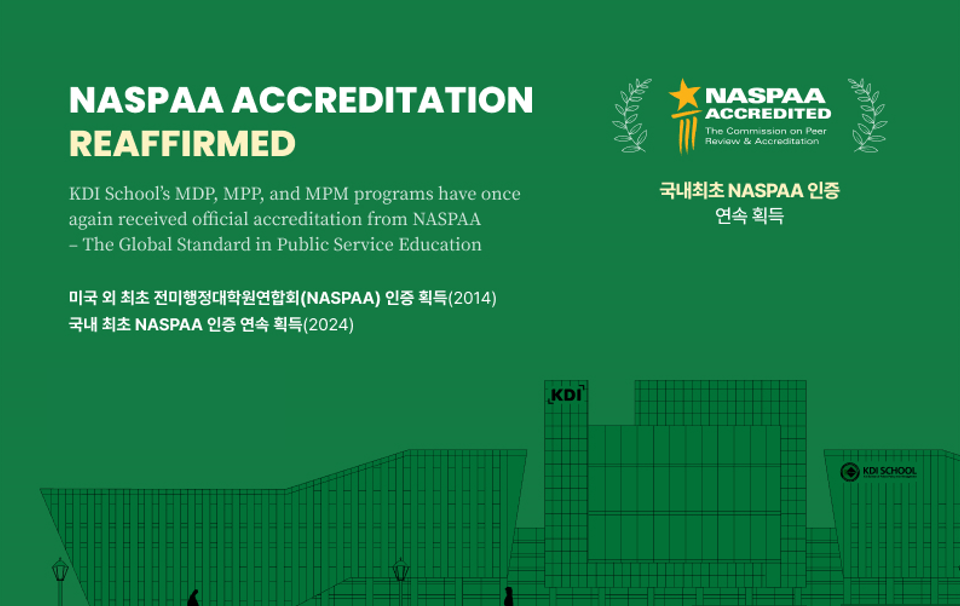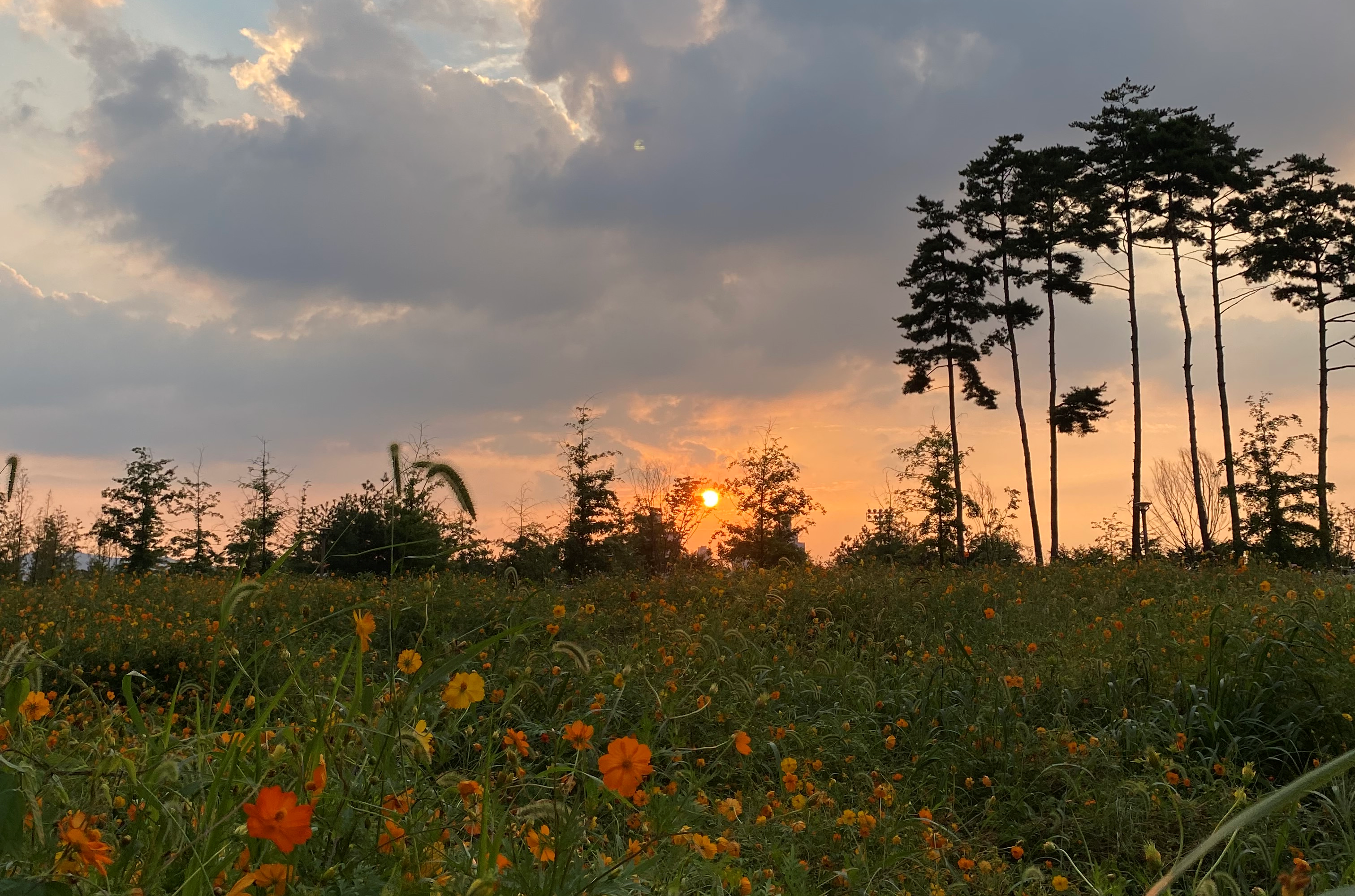
From KDI School Student to KDI School Professor: Welcome Back, Professor Trinh Pham!
- Date 2024-08-19 13:25
- CategoryStory
- Hit2937
We are excited to welcome Professor Trinh back to KDI School, this time as a professor! Once a learner in our classrooms, she returns with a wealth of knowledge and experience to inspire and guide our students. We had a great chat with her about her journey from student to faculty member, and we’re happy to share our conversation with you below.
Please introduce yourself.
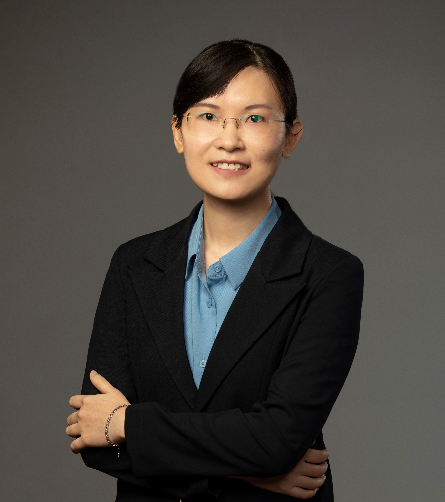
Hello, thank you for having me. My name is Trinh Pham, and I am a tenure-track assistant professor of development economics and development studies at KDIS. I received my PhD in Applied Economics from Cornell University (USA) in May 2024, and I am excited to be back at my alma mater, in this new role.
How does it feel to be a professor where you were once a student?
It has been a truly surreal experience. Growing up in a small town in the Central Highlands of Vietnam, I never imagined that I would attend graduate school, let alone become a professor. Looking back, I am incredibly grateful to have received the Global Ambassador Scholarship to continue my studies at KDIS right after graduating from college. It was also my very first time abroad. At that time, I was uncertain about my career path, but I was certain of one thing: my passion for academic and policy research in development.
If I were to make a comparison, I would describe my pre-KDIS experience as exploring a new place without a map. I stumbled upon landmarks by chance, struggled to find direction, and faced uncertainties about the best routes. However, thanks to the tremendous support and helpful guidance from my academic mentors, especially Professor Booyuel Kim (now at Seoul National University), I was able to navigate many of those challenges more effectively. This led me to start my PhD program at Cornell University, where I was fortunate to meet my primary advisor, Professor Chris Barrett, and other great professors.
Having experienced upward mobility, I understand the importance of education and the value of having a mentor who has walked a similar path and can offer academic and emotional support. Therefore, this is a rewarding opportunity to give back to the community and the institution that has shaped my academic journey. I am particularly excited about working with students, many of whom have similar backgrounds.
What were some of the most memorable experiences you had as a student at KDI School?
There is a saying that it is not the place but the people you spend your time with that truly matters. At KDIS, I met many wonderful classmates and friends. Although I am not very good at using social media, I sometimes receive school newsletters in my email and enjoy reading them. Each school activity mentioned reminds me of my time at KDIS.
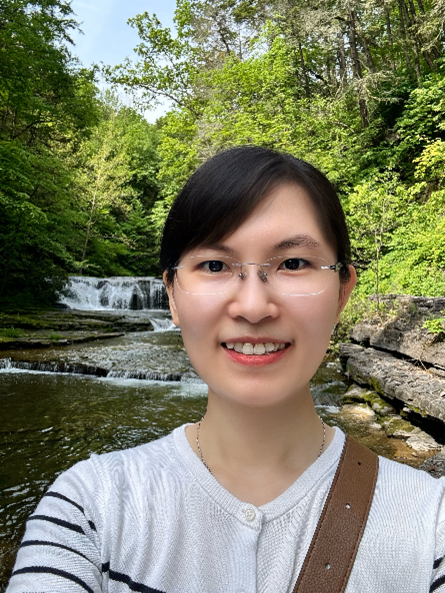
Being a nature person, I vividly remember the hiking trip to Gyejoksan Mountain, where we received a small chocolate medal upon reaching the summit. Taking place before the final exams, this hike offered a truly refreshing break. Another standout memory is the international food festival. For the first time, I could sample dishes from many different parts of the world while introducing our cuisine with other Vietnamese cohort mates. The class field trip to a pear farm was also memorable, where we tasted large, delicious Korean pears. And, of course, I cannot forget all the late nights at the library, working on group projects and preparing for final exams, often brightened by unexpected energy boosts like vita500 or sweets from staff and other fellow students.
What are your main research interests, and how do you plan to advance them through your role at KDI School?
As an applied economist with research interests at the intersection of development, labour, and environmental economics, my current research focuses on understanding the complex interrelationships between economic development and the environment. For example, I study how climate and environmental changes impact labour markets and human capital outcomes, including education, health, and labour productivity. Additionally, I explore how public policies and development programs can mitigate these adverse effects. From another perspective, I examine how the development process influences the environment, considering factors such as industrialization and urbanization. Furthermore, I am also interested in the implications of these dynamics for socioeconomic inequality, both within and across countries. I aim to contribute to a more nuanced understanding of these issues and inform policies promoting sustainable and equitable development.
As a new faculty member at KDIS, I am excited about the opportunities to join relevant research groups and collaborate with colleagues with similar research interests. I look forward to exploring new avenues and significantly contributing to my field through this role.
Is there anything else you’d like to share with the KDI School community, especially with the students and alumni?
From my experience, one of the most valuable aspects of being part of a vibrant community like KDIS is the opportunity to learn from diverse perspectives. When I first arrived at KDIS as a fresh college graduate, I was surrounded by individuals from various walks of life. Some were recent graduates like me, while others had extensive experience working in local governments worldwide. Embracing these interactions broadens our understanding and challenges our assumptions and biases. Over time, I have learned from research that the impact of government policies or development programs can be context-specific and influenced by social norms, meaning that a one-size-fits-all approach is often inadequate. Therefore, recognizing and appreciating these differences is crucial, and KDIS provides an ideal environment to cultivate this mindset.
Additionally, staying open to continuous learning and adapting to new challenges has been crucial in my journey. Whether through formal education and experiences like working as a teaching or a research assistant or through informal experiences like community volunteering, maintaining a mindset of curiosity and resilience can make a significant difference in achieving our goals.
Finally, I would like to emphasize the importance of networking and staying connected with the KDIS community. The relationships and connections we build here can provide invaluable support and opportunities throughout our careers. I look forward to engaging with fellow alumni and students and contributing to our collective development journey.
2024 Spring / MPP / Nigeria
anzakufaith@gmail.com
Related News
-
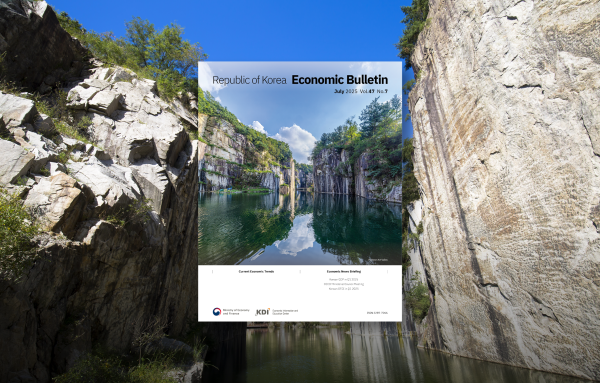
Research and Education13 days ago
Republic of Korea Economic Bulletin, July 2025#KDI #Economic #KDISCHOOL #kdischool #Economic Bulletin #Research
-
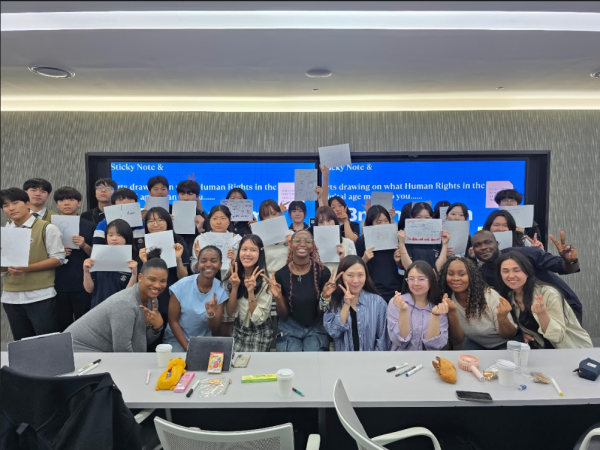
Story16 days ago
Summer 2025 Talent Donation Program: KDIS Forums Host Sejong High School Students#KDISCHOOL #KDIS #student #talent donation #student forums #student clubs
-
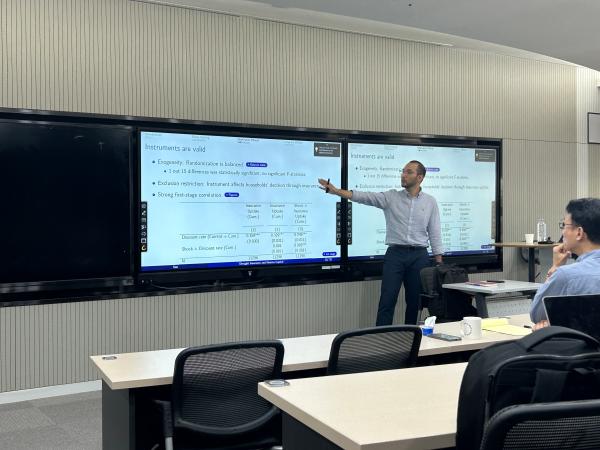
Research and Education17 days ago
Research Seminar by Hyuk Harry Son from Utrecht University

